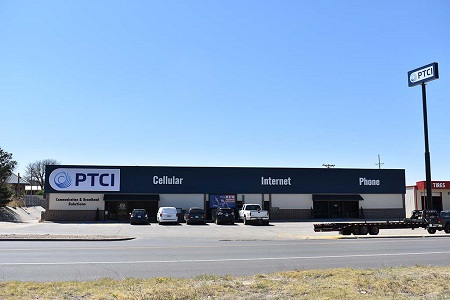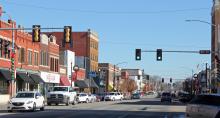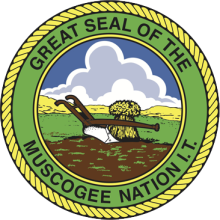Bolt Broadband One Of Many Winners In Latest Oklahoma ARPA Grants
The Oklahoma Broadband Office (OBO) says local providers have broken ground on several new grant-fueled fiber projects designed to provide high-speed Internet access to long unserved or underserved communities across wide swaths of the Sooner state.
According to two different announcements by the state’s broadband office, the OBO recently greenlit $65.9 million in new fiber expansion initiatives in the Southern part of the state, as well as another $24.6 million in deployments for the northern-central part of the state.

The fiber upgrade projects were made possible via $158 million in Capital Projects Fund grants made possible by the 2021 American Rescue Plan Act (ARPA). The grants are expected to help fund more than 50 projects in 28 counties.
In the Southern part of the state, $43.2 million in federal grants – plus $22.8 million in matching funds – will connect over 2,000 unserved homes and businesses in partnership with Medicine Park Telephone, Oklahoma Fiber Network, Oklahoma Western Telephone, Phoenix Long Distance, Southern Plains Cable, Southwest Oklahoma Telephone, and Texhoma Fiber.











